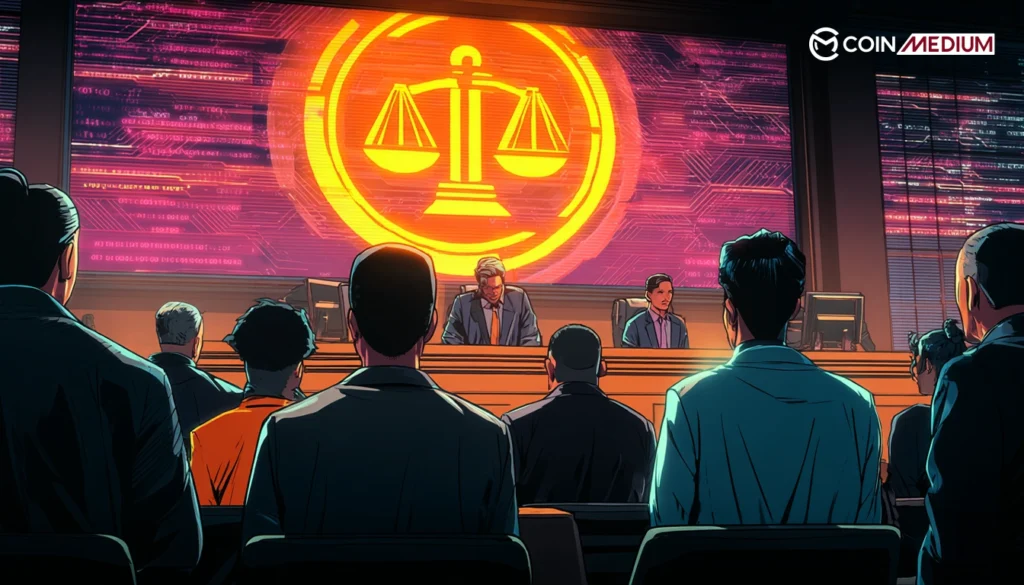- DOJ has been in the news for targeting open sourced crypto platforms. Earlier in 2024, the agency argued that certain platforms like Ripple, Uniswap fall under securities.
- The history of the DOJ’s relationship with crypto platforms has shown the DOJ’s aversion to cryptocurrency regulation.
Major groups, such as the Uniswap Foundation, Solana Policy Institute, and Bitcoin Policy Institute, joined Paradigm to fight a legal battle against the U.S. DOJ to defend the plaintiff, Michael Lewellen, the developer who built a non-custodial crypto wallet and wants to open-source it for others to use.
According to the amicus brief filed by Paradigm, this filing will push the justice department’s aggressive use of the criminal statute meant for unlicensed money transmitters (18 U.S.C. § 1960) to go after software developers who clearly aren’t money transmitters.
The Crypto War With DOJ Continues
The DOJ has always been under the gray for targeting crypto platforms with absurd and unclear policies and no rulebook for regulating crypto. The US crackdown on crypto has been a rather controversial timeline with agencies like CFTC and SEC colliding with overlapping rules around crypto.
The Justice Department of the United States has shared a sour relationship with platforms like Binance, Coinbase, XRP and many other major platforms. The DOJ has been in a habit of poking their nose into every tiny detail in both centralized and decentralized platforms.
Paradigm Versus DOJ
The brief document by Paradigm throws light on how the DOJ has misinterpreted ‘Money Transmitting Law’ over developers who build open sourced softwares that allow users to transact in a decentralized manner. The brief sarcastically calls out the DOJ as a prosecutor to a frying pan manufacturer.
Paradigm’s Dig At The DOJ
The brief reads,
“§ 1960 does not stretch that far… one cannot ‘transmit’ or ‘transfer’ funds on someone’s behalf without accepting and relinquishing custody or control.”
This case highlights the detrimental approach of the DOJ towards developers wanting to build softwares that offers privacy to the users. These instances have brought down the confidence in developers to build open source software owing to the legal repercussions that may follow.
“If the legal environment doesn’t change, innovation will migrate offshore. “Faced with possible prosecution […] developers of peer-to-peer cryptocurrency transfer software will choose to either move offshore or stop creating their tools altogether.”
The Lobby Group
Web3 Development In The US Is Disconnected
This case is inherently close to cases like US v. Storm and US v. Rodriguez where programmers who have built privacy protocols like Tornado Cash are facing criminal charges.
Paradigm’s brief urged the court to file a motion to dismiss the case and let the case move forward to protect the neutral science development landscape in America.








